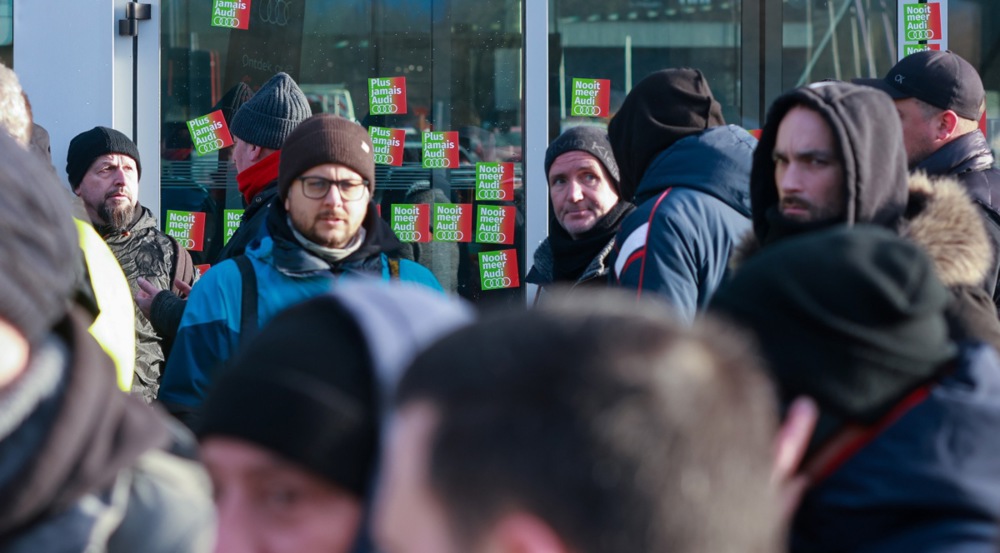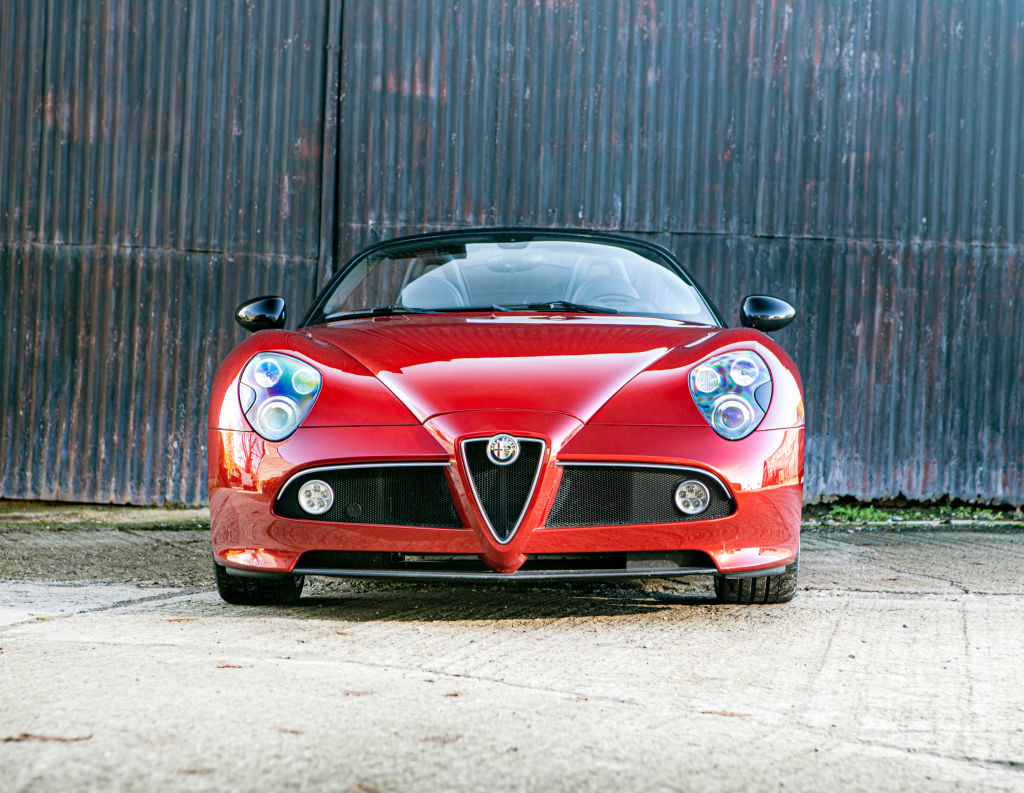European car giant Stellantis will pause production in its European factories as it continues to struggle with poor sales.
In October, six European plants will close for three weeks, furloughing thousands of its workers.
Six factories, located in France, Italy, Germany, Poland and Spain will be paused, one year after the car manufacturer had already stopped assembly lines.
Stellantis told employee representatives of the plant in Poissy, France, where around 2,000 people work, that between October 13 and November 3, there will be one week of imposed vacation and 12 days of partial unemployment, French news outlet Les Echos reported.
The Eisenach plant in Germany will close for five days, while operations in Zaragoza, Spain, will be suspended for seven. The Tychy facility in Poland is scheduled for a nine-day stoppage. Production in Madrid will pause for 14 days, and in Pomigliano, Italy, for 15.
Stellantis, which makes Jeep, Fiat and Peugeot among other brands, has been struggling with sales for a while now.
Sales of the Fiat Panda, one of the brand’s flagship models, have fallen so sharply that Stellantis plans to cut production from two shifts to a single shift as early as November 2025.
It made drastic changes in its leadership to stem the bleeding. CEO Carlos Tavares resigned abruptly in December last year, after a profit warning that it had lost around 40 per cent of its value in 2024.
Despite the changes at the top and a new strategy to improve business, recovery remained lagging.
Between January and July, sales in continental Europe dropped with 8.1 per cent, while its competition had more positive numbers.
Renault saw its registrations increase by 5.8 per cent and Volkswagen by 3.6 per cent.
During this period, car registrations in Europe were broadly flat, Reuters reported.
On the stock exchange, Stellantis’ value fell from €27 in April 2024 to €8.5 on September 2025.
It is reportedly is hoping that the launch of new models will bring improvement and help restore its damaged reputation after the problems it had with Takata airbags and PureTech engines.
The company also is pointing at the US tariffs, in particular for the Alfa Romeo Tonale, which was supposed to boost sales.
European carmakers are struggling as strict EU emissions rules force them to invest heavily in electric vehicles while demand remains uneven. At the same time, Chinese brands such as BYD and MG are gaining ground in Europe with cheaper EVs, thanks to lower production costs and dominance in batteries.
Adding to this weak consumer demand, there are high energy costs, also partially a result of EU interference, and reliance on imported raw materials while the US announced a 25 per cent tariff on all cars built outside of the US.
Troubled Amsterdam-based multinational vehicle giant Stellantis has seen its market share drop by 7 per cent, losing its second-largest carmaker in Europe slot to Renault in December. https://t.co/As67crEMM6
— Brussels Signal (@brusselssignal) January 22, 2025





